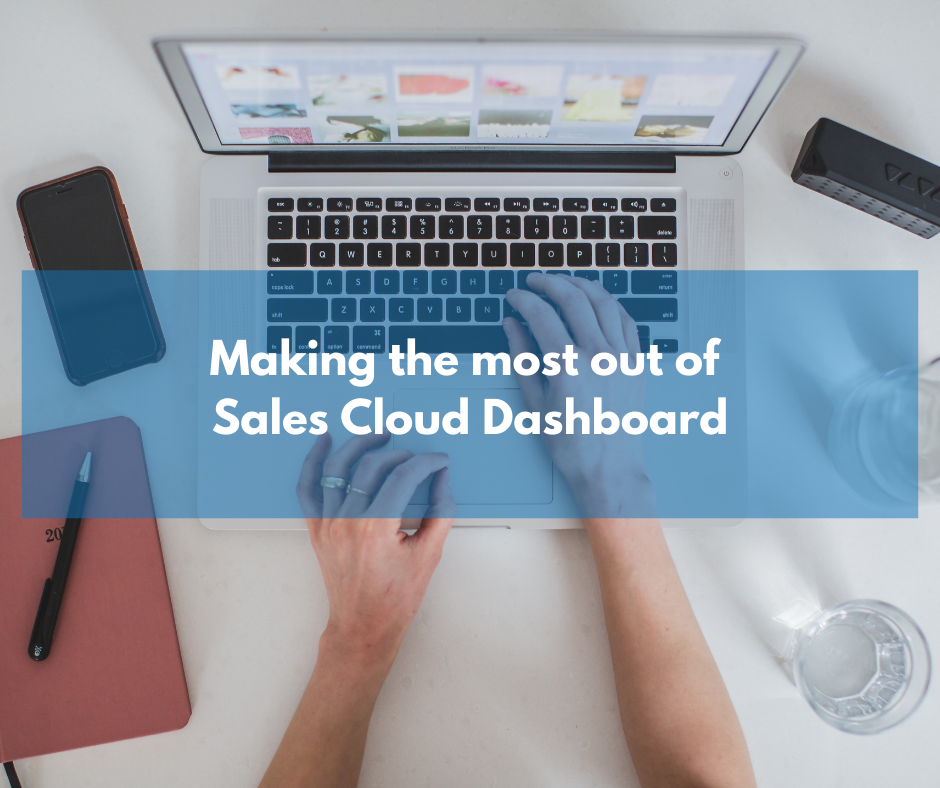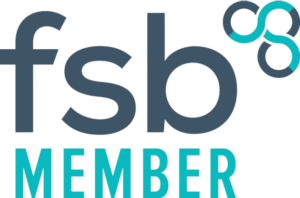Making the most out of your Sales Cloud Dashboard

A dashboard much like one you would see in a vehicle, is a reliable source of vital information, where everything from fuel levels to urgent maintenance can be seen at a glance; in business software a dashboard can have the same outcomes. The majority of people within sales roles often rely on a dashboard to help with their daily operations and depending on the size and whether they offer B2C or B2B services, metrics visible on the dashboard could be different for each team member or team and could even vary on a weekly basis.
Sales Cloud CRM from Salesforce offers a dashboard function and showcases a range of sales metrics to provide an overview while ensuring you can delve deeper into the details too; but often dashboards can prove to be a distraction from those vital signs. With this in mind, we highly recommend that the following twelve metrics are pertinently available on the dashboard to maximise the at-a-glance capacity and minimise distracting information for the whole team:
- Leads by source:
It’s crucial to understand where your customers are coming from as this information will help to clarify which leads to connect with first. Regardless of whether the lead was received via a conference, trade show or contact form, it is important to have this information at a glance so you can communicate effectively.
2. Open activities:
Treat this as if it was your worklist. All open activities are the tasks that need to be taken care of and actioned to remain proactive across the business’ sales efforts.
- Open Cases:
When a customer initiates contact, a case will generally be opened. The opened case and activities should be treated as time-sensitive. It’s important to nurture these cases quickly to improve customer retention.
- Open Opportunities:
Use this metric to tie into your win/loss rate and track your leads when you’ve got too many.
- Opportunities Past Due Date:
Past-due opportunities do happen, but the goal is to keep this to a minimum. By monitoring this metric you can establish whether delegation is required to help deliver.
- Closed Opportunities:
Using this you can quickly see how much revenue your sales have generated and let’s face it, who wouldn’t want to see that at a glance? It is also an important tool for tracking commission goals.
- Sales Cycle:
This will showcase the average duration it takes for a team member to win a deal and can help determine if your current opportunities are moving through the funnel as expected.
- Pipeline:
This information can help to tailor conversions based on where leads are in the purchase process. It will be crucial to seeing what stage each open opportunity is in.
- Sales by closed date:
Having closed dates visible will help with forecasting and can assist your team in establishing any trends like gauging how long it takes for most customers to convert.
- New business and upsell ratio:
It’s easier to sell to existing customers than it is to onboard new ones. With this metric you can balance upselling opportunities and keep you on track for your goals.
- Win/Loss Rate:
This is one of the most basic metrics required for salespeople and will provide a percentage of opportunities proposed or quoted that you won.
- Product Gaps:
Finally, this measurement will help you see if your offerings are performing as well in sales vs how they were predicted. When you witness a gap that’s when research needs to be conducted.
Implementing some or all of these metrics on your dashboard will help to keep your team on track with an overall outcome of encouraging performance awareness, team engagement, business growth.
This is not an exhaustive list of the metrics that could manage and track – you might want to consider are there enough leads coming in to meet your closed won business targets? There may be financial or other metrics which are important to your business and where visibility can encourage salespeople to keep your customers successful.
If you need help configuring your Sales Cloud dashboard to be as effective as it can be, our expert team is ready to help. Call us on 033 0223 0229 or complete this form for support.









